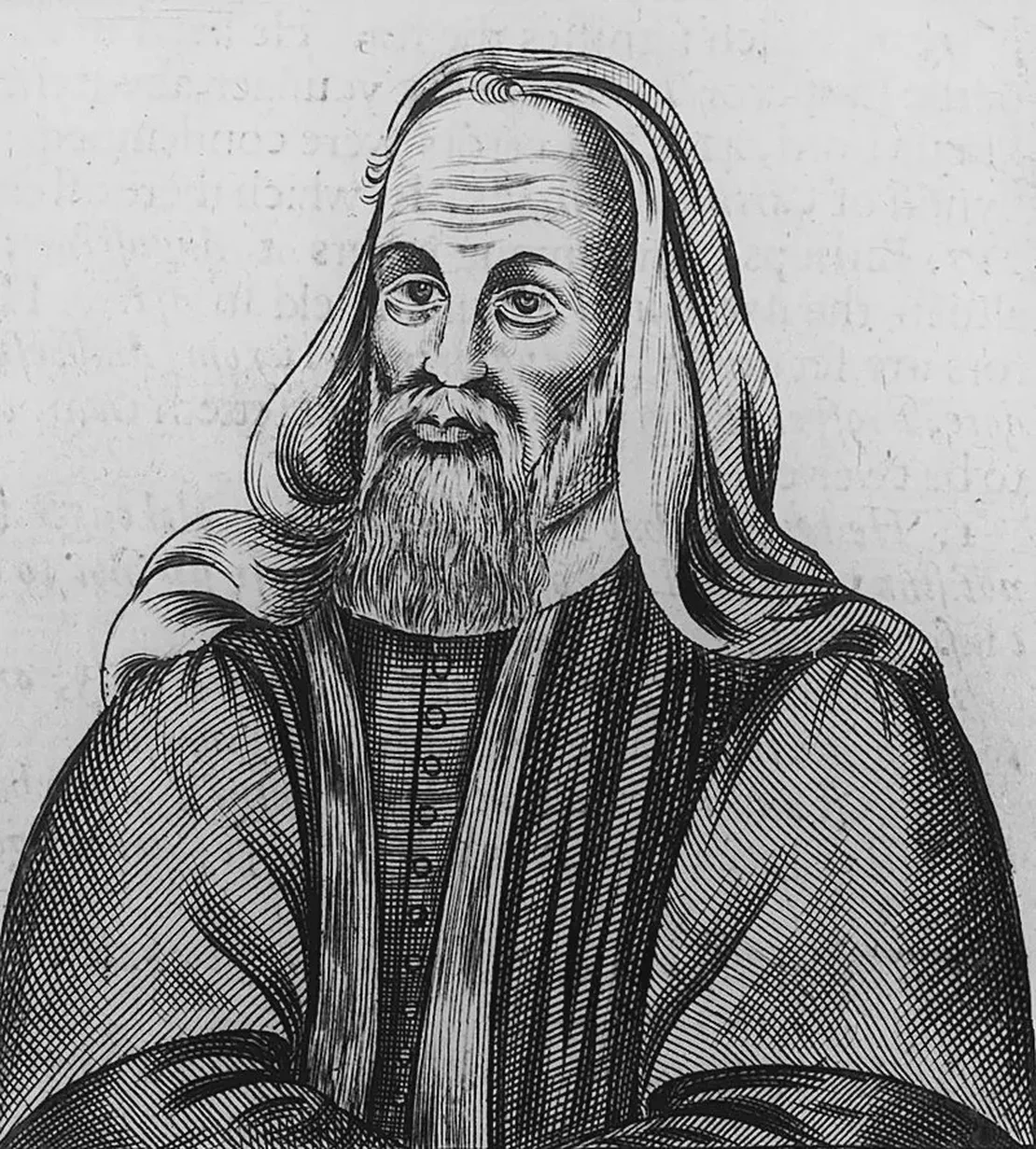On April 30, 418 in Celtic History
Pelagius, champion of celtic view of christianity, banned by roman political enemies in the church

Pelagius was a theologian of British origin who lived during the late 4th and early 5th centuries. He is best known for founding Pelagianism, a theological doctrine that emphasized free will and the innate goodness of human beings, contrasting sharply with the doctrine of original sin promoted by other early Christian theologians, notably Augustine of Hippo.
Little is definitively known about Pelagius’ early life, including his exact birthplace, which is generally believed to be in Britain. He became well-educated, particularly in theology, and his travels brought him to Rome around the end of the 4th century. His teachings began to gain attention and followers due to his ascetic lifestyle and his belief in the potential for human beings to lead morally upright lives independently of divine grace.
Teachings and Doctrine
Pelagius taught that human beings were born innocent, without the stain of original sin that Augustine asserted was passed down from Adam and Eve. According to Pelagius, humans have the free will to achieve personal righteousness, and it is entirely within an individual’s capability to choose to follow God’s commandments without the necessity of divine grace. This view placed a strong emphasis on personal responsibility and ethical behavior.
Conflict with Augustine
Pelagius’ views soon brought him into conflict with Augustine, one of the most influential theologians of the time. Augustine argued that humans are inherently sinful and that divine grace through Jesus Christ is essential for their salvation. The debate between the followers of Augustine and Pelagius became one of the central theological disputes in early Christianity.
Condemnation and Legacy
Pelagianism was condemned as heresy by several councils in the early 5th century, starting with the Council of Carthage in 418 AD. Despite his teachings being declared heretical, Pelagius’ ideas had a lasting impact on Christian theology and prompted significant debate about the nature of free will and grace.
The exact details of Pelagius’ death are unclear, but his legacy continues in various forms. While mainstream Christian theology has largely rejected Pelagian doctrines, discussions about free will and grace continue to be relevant in theological debates today. His life remains a reminder of the diversity of thought and the intense intellectual debates that characterized the early Christian Church.
Related Content

Shane Patrick Lysaght MacGowan, lead singer of the Pogues, died

St Machar Day, patron saint of Aberdeen

Oíche Shamhna - Cetlic New Year Eve (Halloween)

ALBAN ELFED (Welsh Bardic name for autumn equinox)

Feast day of St. James

John Davie Burgess, King of the Highland Pipers, died at age 71.